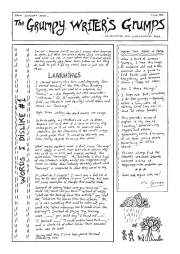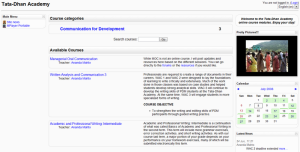It’s “Managerial Oral Communication” time again, and one of the things we typically do in this course is have at least one group discussion. Here’s the prompt for our most recent one:
A Consultative Group to Assist the Poor (CGAP) paper began with the following text:
Over the past two decades, institutions that make microloans to low-income borrowers in developing and transition economies have focused increasingly on making their lending operations financially sustainable by charging interest rates that are high enough to cover all their costs. They argue that doing so will best ensure the permanence and expansion of the services they provide. Sustainable (i.e., profitable) microfinance providers can continue to serve their clients without needing ongoing infusions of subsidies, and can fund exponential growth of services for new clients by tapping commercial sources, including deposits from the public.
The problem is that administrative costs are inevitably higher for tiny microlending than for normal bank lending. For instance, lending $100,000 in 1,000 loans of $100 each will obviously require a lot more in staff salaries than making a single loan of $100,000. Consequently, interest rates in sustainable microfinance institutions (MFIs) have to be substantially higher than the rates charged on normal bank loans.
Are the interest rates charged by MFIs justifiable?
Check out the 20 minute discussion that the PDM 9 students had on the topic after the jump….
Continue reading “Are the interest rates charged by MFIs justifiable?”


